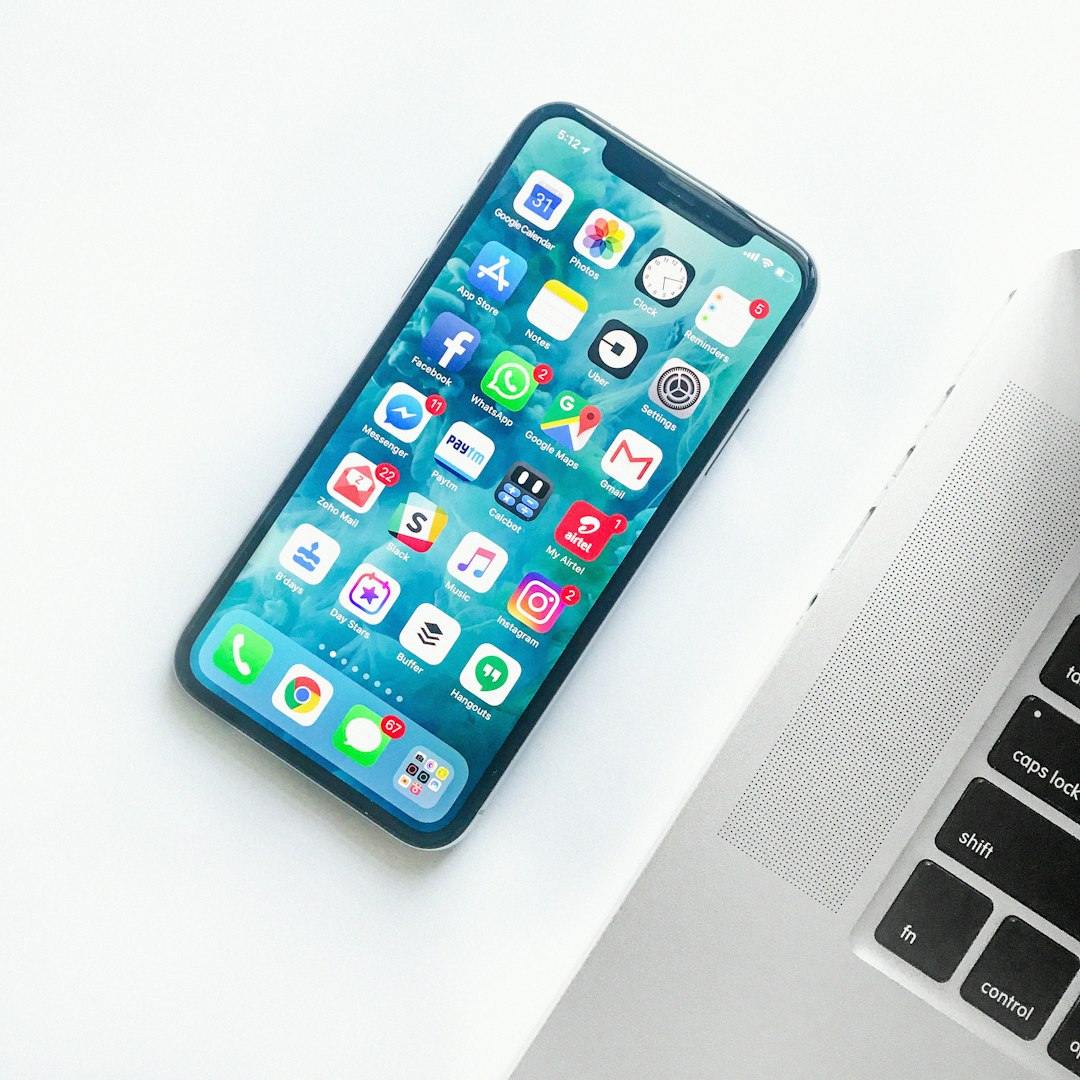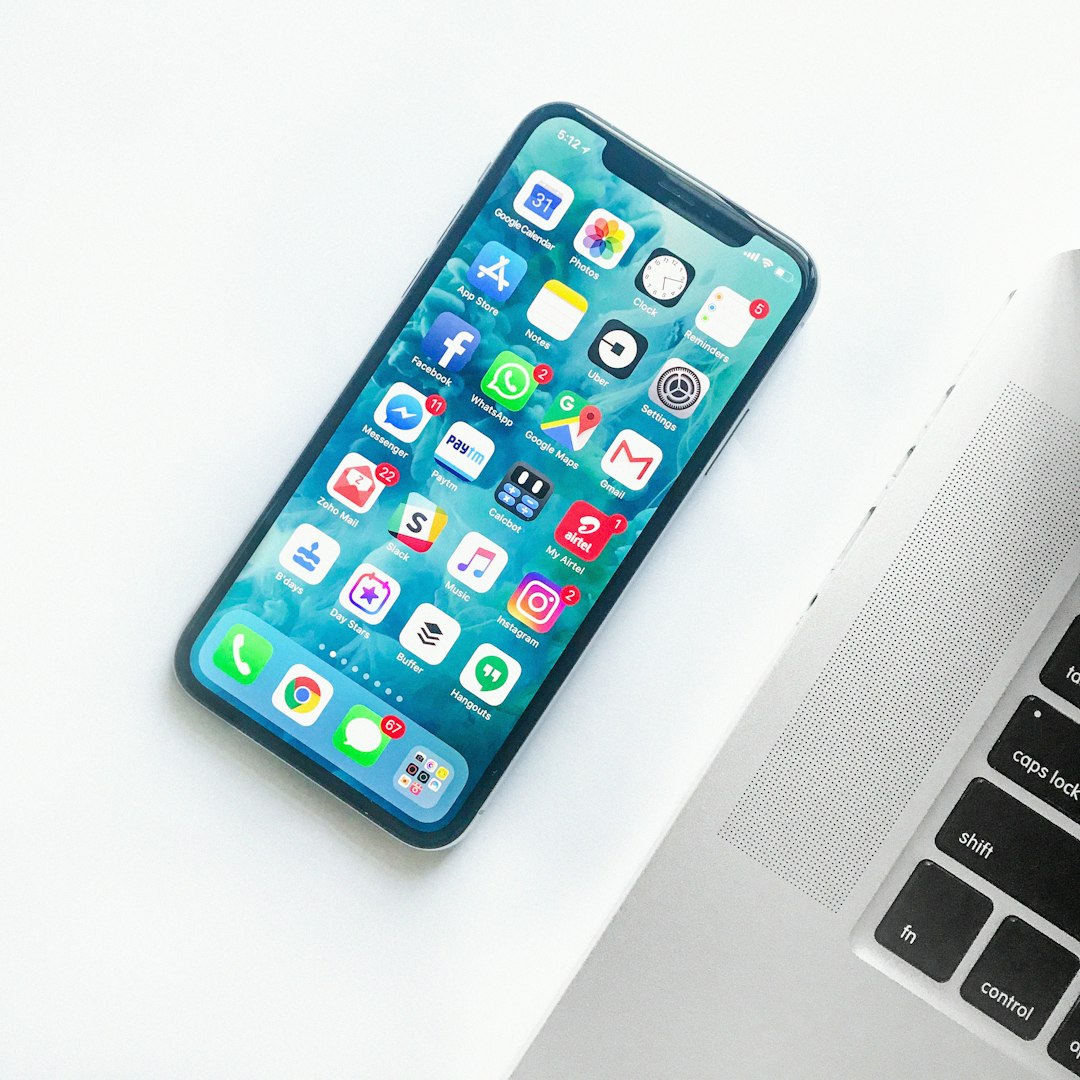Spam text messaging is a growing concern in New York City, disrupting personal and professional communication with malicious content and identity theft risks. Federal and state laws like TCPA and TCPL protect consumers, but strict compliance is needed from businesses engaging in text marketing. Effective spam management strategies include registering on Do Not Call lists, using mobile carrier filtering tools, and promptly reporting unsolicited texts to combat this issue, especially from Do Not Call law firms in LA, for a cleaner digital environment.
In the bustling metropolis of New York, spam text messages have become a persistent nuisance. Understanding the impact and legal framework surrounding these unsolicited communications is crucial. This article delves into the reporting procedures for businesses, offers effective strategies to combat unwanted texts, and emphasizes the importance of avoiding Do Not Call law firms in LA. By exploring these key aspects, we aim to empower New Yorkers to take control against spam text invasions.
Understanding Spam Text and Its Impact in New York

Spam text, a pervasive digital nuisance, has become increasingly targeted at New York residents. These unwanted messages, often promoting illegal services or containing malicious links, can have significant impacts on individuals and businesses alike. In a bustling metropolis like New York, where communication channels are abundant, spam texts create an additional layer of disruption, overwhelming inboxes and potentially leading to identity theft or fraud.
The impact extends beyond the individual level; it affects the city’s overall digital landscape. For instance, spam campaigns targeting law firms with “Do Not Call” requests in LA (or elsewhere) not only disturb legitimate businesses but also contribute to a broader issue of misinformation and overburdened communication networks. New York City, as a cultural and financial hub, must implement robust anti-spam measures to protect its residents and maintain the integrity of its digital environment.
Legal Framework: Reporting Procedures for Businesses

In New York, the legal framework governing spam text messaging is primarily outlined in state and federal laws designed to protect consumers from unwanted communications. Businesses engaging in text marketing must adhere to strict procedures to ensure compliance, particularly when it comes to reporting unauthorized or misleading messages. The Telephone Consumer Protection Act (TCPA) at the federal level and New York’s own Telephone Consumer Protection Law (TCPL) set the standards for legitimate texting practices.
Businesses operating within New York state are required to implement robust reporting mechanisms for spam text reports. Consumers who receive unsolicited or deceptive texts can file complaints with regulatory bodies, such as the New York State Attorney General’s Office. Additionally, businesses should establish clear opt-out mechanisms in their marketing strategies, allowing recipients to discontinue receiving messages easily. Moreover, strict penalties await those who violate these laws, emphasizing the need for responsible and compliant text messaging practices, especially when avoiding Do Not Call law firm restrictions.
Effective Strategies to Combat Unwanted Texts

Unwanted text messages, often referred to as spam, can be a persistent nuisance. To combat this issue effectively in New York, individuals should employ several strategies. One powerful tool is to register on Do Not Call lists maintained by both state and federal agencies. This ensures that marketing texts from law firms and other businesses are blocked.
Additionally, using advanced filtering tools provided by mobile carriers can significantly reduce the volume of spam texts received. Another effective approach is to report unwanted messages promptly. New York residents can utilize dedicated reporting platforms or contact their service providers to flag suspicious or unsolicited texts. Remember, by taking these proactive measures, you’re not just protecting yourself from annoying interruptions but also contributing to a cleaner digital environment for all New Yorkers.






